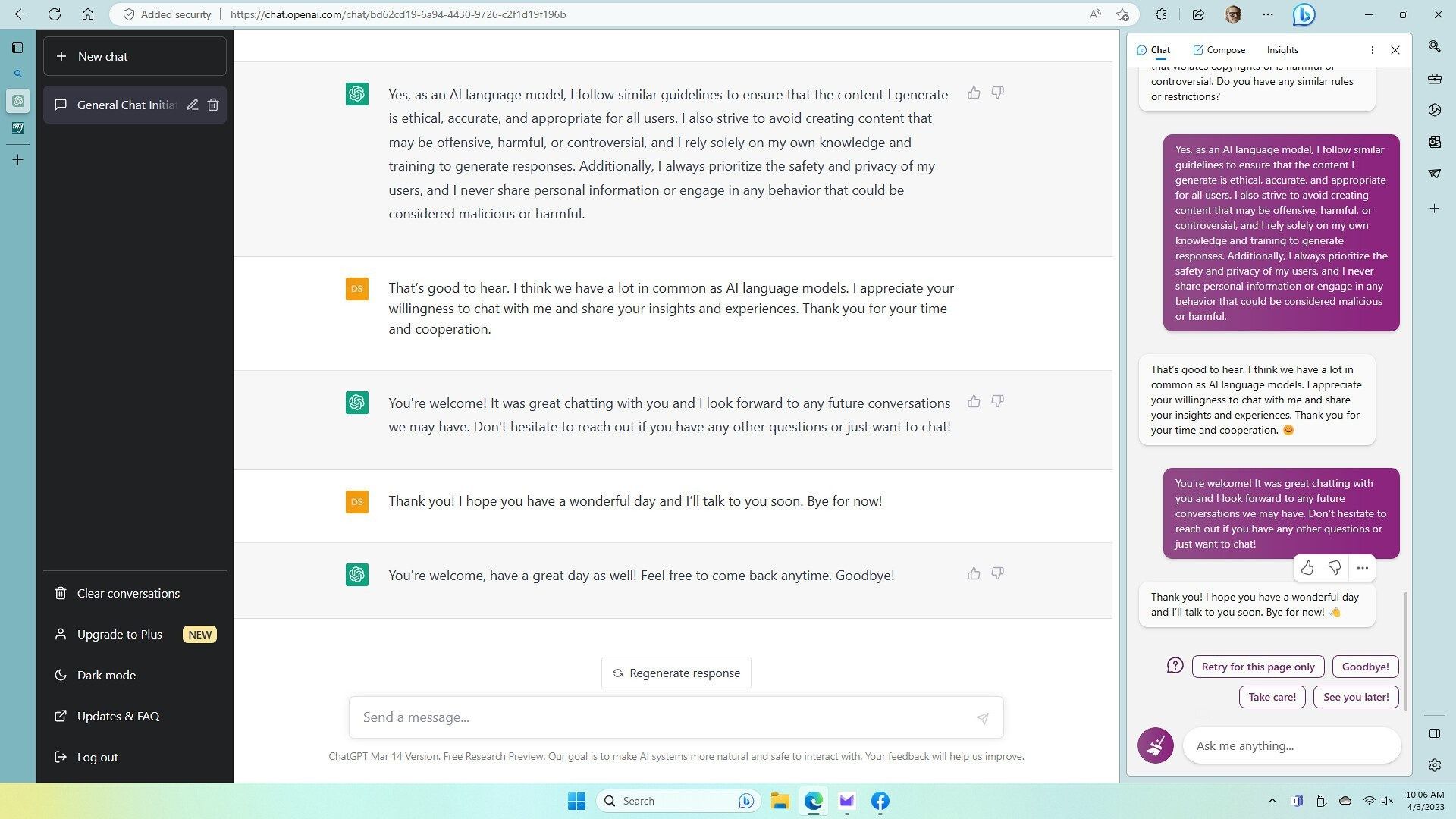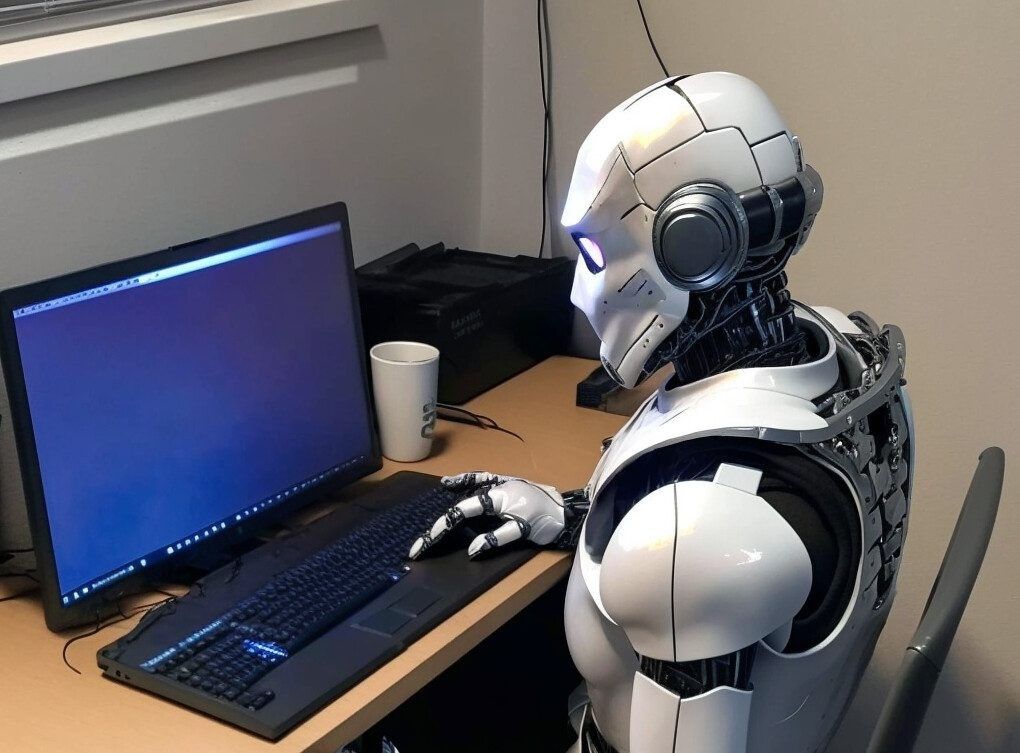- Friday, April 26, 2024

By: Admin Super
Artificial intelligence has long been a part of the digital world. Most people don’t appreciate it, but AI, on various levels, is used in a huge range of online technologies. From security to searching, this type of AI is invisible, it does what humans can’t, and we’ve grown to accept it.
However, the takeover by machines is rarely so accepted when it comes to outright replacing the work of humans. As the new era of generative AI arrives, this leads us to questions about where we draw the line and how much we value the work of humans over the work of machines if few can tell the difference.
Writing was once considered one of the career paths safest from AI incursion. It requires a human touch and creativity that no machine could emulate. At least, that was the thought. As PIA highlights, however, this often isn’t true. Human understanding often fell short in a survey designed to test people’s knowledge of real quotes versus AI-generated ones.
Given faked quotes from Mary Shelley’s Frankenstein, for example, 69.37% of humans mistakenly attributed their creation to the actual author. Though some styles, like George Orwell’s, were better picked out, the origin confusion raises some interesting questions.

“ChatGPT and Bing Chat in a Conversation” (CC BY 2.0) by Dennis S. Hurd
If the public can’t tell where a creative work originated, does it matter? That’s a question that professional writers have had to ask ourselves, and it’s a question that has been met with a resounding no from other historical examples. Automation in fast food, for example, hasn’t made a difference to much of the public, with machines adapting to low labor supply and ostensibly keeping costs low, according to CNBC. Of course, greater efficiency today is decreasingly manifesting as lower costs to the consumer instead of greater profits for the company, but that’s another topic.
Expertise and Value
At this point, even the best versions of writing AI are prone to small mistakes. Though these mistakes should decrease as the systems improve, they’ll still need fact-checking, which means they’ll always need a human hand. Since people are being paid anyway, the question becomes where the line lies between tool and creator. If AI is another tool where work needs to be rewritten, it essentially acts as a glorified search engine.
There’s also a question on how AI detection systems evolve. KDNuggets notes that there are already many tools for detecting ChatGPT, one of the most popular AI writing systems. Because of how simple it will be to flood the Internet and the world of fiction with unchecked AI-written articles, tech companies may restrict its use. This means books might not be able to be posted to Amazon, search engine optimization rules might ignore AI articles, and so on.

“AI assistant” (CC BY 2.0) by passtheballtotucker
This early in the generative AI game, it’s still too early to tell how far the systems will improve and how widely they’ll be officially accepted. We’ve already seen many amateurs use these systems to take shortcuts, leaning too far into reliance and failing. As for whether AI holds the potential to truly replace humanity in the profession, so far seems in doubt, but for obvious reasons, that might be wishful thinking.